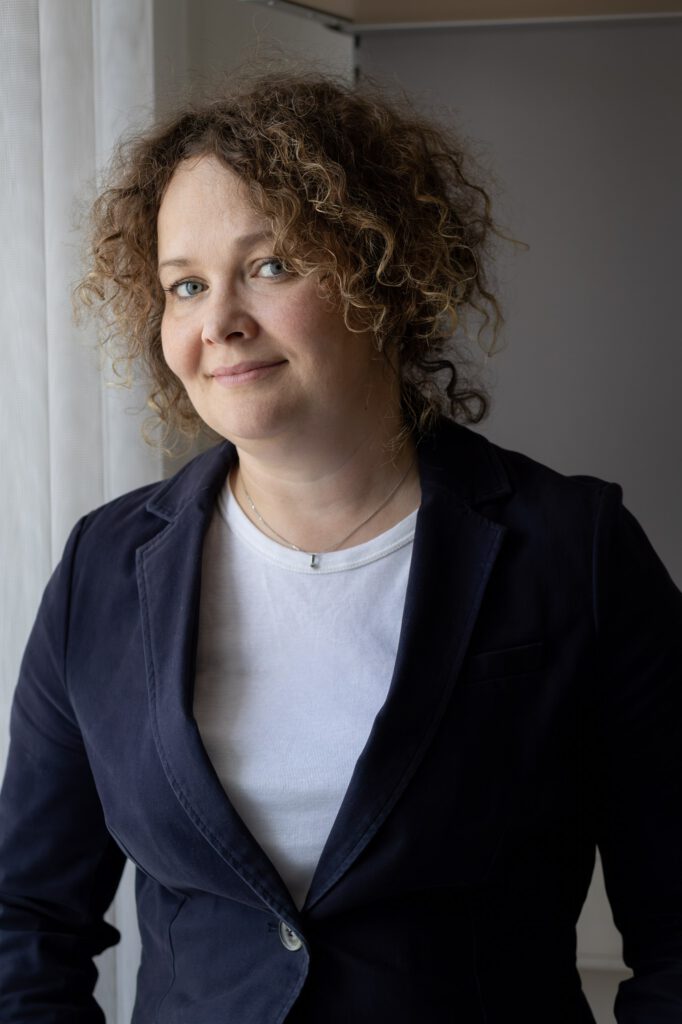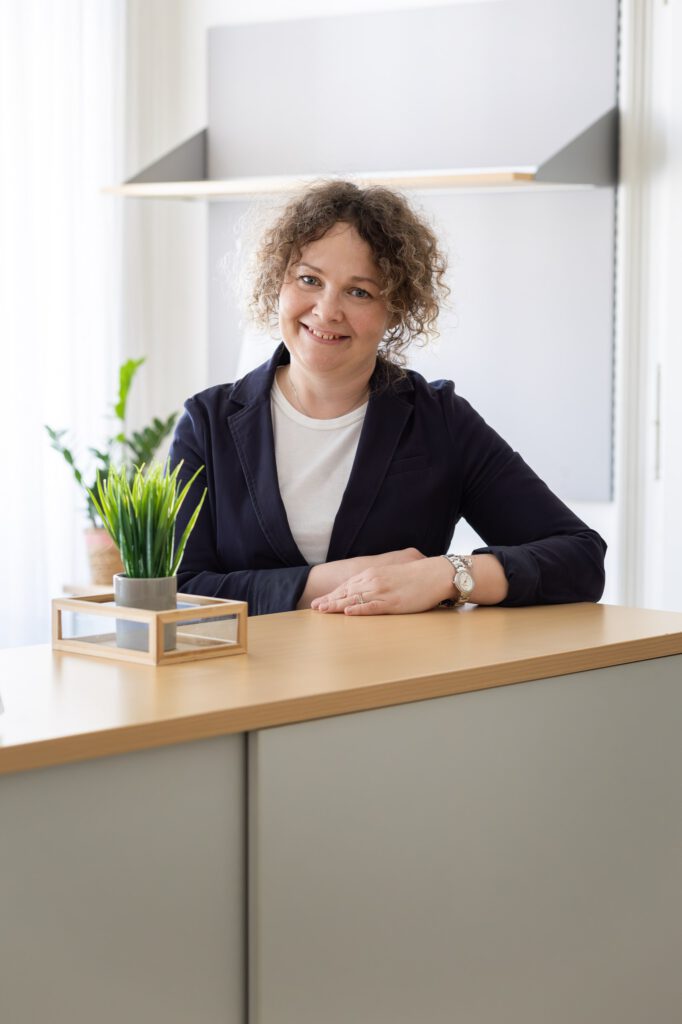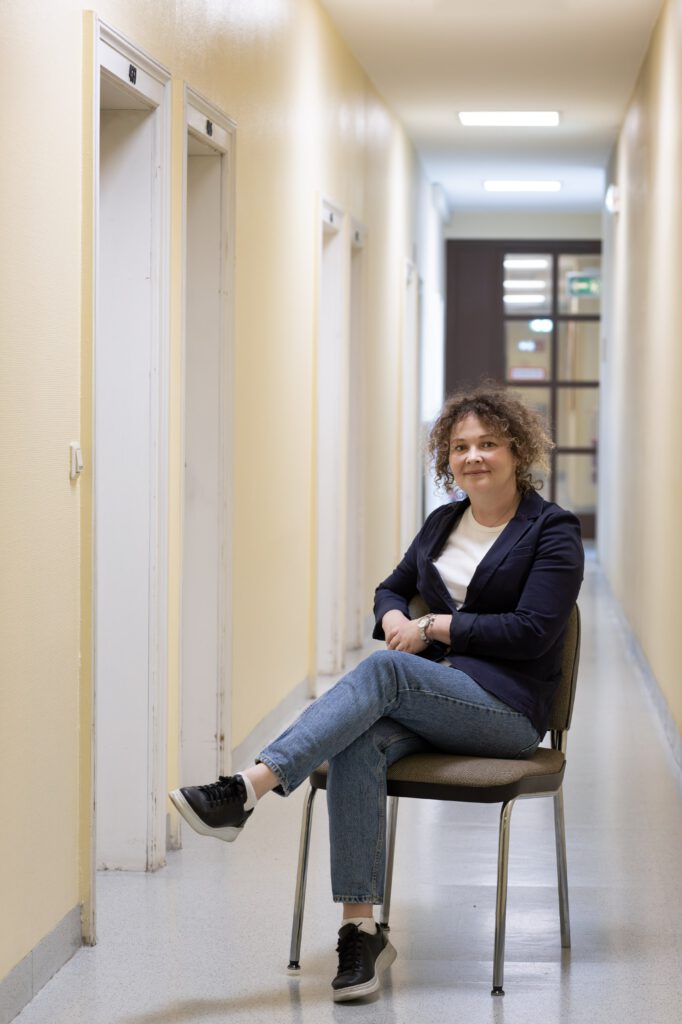
4 July 2024
Maryana Strepko: “My advice to Ukrainians living abroad is to always step out of your comfort zone”
Mag.Maryana Strepko, Professional Integration HUB 1.0 Program Participant (The Federal Ministry for Education, Science, and Research)
- Age: 41 years old
- City in Ukraine where you lived before the full-scale invasion (forced relocation): Lviv
- Specialization: University teacher of German language
PROFESSIONAL BACKGROUND
Before the full-scale invasion, I pursued my studies both in Ukraine and at the University of Vienna. I worked as a university German language instructor in Lviv and also served as the head of a German language school in Lviv. I have dedicated my entire professional life to the field of education, where I have gained extensive experience.

FORCED EMIGRATION
I came to Vienna in mid-March 2022, thanks to a colleague from Austria whom I met in Lviv during an international project. She convinced me to come to Vienna with my children for 2-3 weeks, but now it has already been two years.
LIFE IN AUSTRIA
My advice to Ukrainians living abroad is to always step out of your comfort zone, stay active, and meet new people. It’s important to seize every opportunity for further education and to actively engage in social activities. Building connections and forming friendships with Austrians is crucial; they can help you better understand and integrate into the country.
PROFESSIONAL INTEGRATION HUB
I’d like to say some words about the differences in work processes and other aspects within my field between Ukraine and Austria.
In Ukraine, you typically know your colleagues and work environment well, understanding both the work dynamics and what is expected of you. In contrast, the work process in Austria demands quick integration into new teams, a rapid grasp of your colleagues’ work methods, and a readiness to embrace the unknown. However, the focus in Austria is less on the immediacy of task completion and more on the quality of the work performed.

PLANS AFTER PARTICIPATING IN THE PROGRAM
Having worked in the Ministry of Education, I see significant opportunities to leverage European experiences for Ukraine’s benefit. It is crucial to launch educational initiatives in Ukraine that conform to European standards and practices. Establishing joint research projects and collaborations with European educational institutions can enhance the quality and relevance of Ukrainian education, ultimately contributing to its socio-economic development and integration into the European community.
As an intern at the Ministry of Education, my observations have led to several recommendations for improving Ukraine’s education system in its pursuit of EU integration. First, it is imperative to align the curriculum with European standards to ensure compatibility and recognition across member states. Enhancing teacher training programs with a focus on modern pedagogical techniques will improve educational outcomes. Additionally, establishing a robust system for continuous assessment and feedback will help maintain high standards. Strengthening partnerships with EU educational institutions can foster exchange programs and collaborative projects. Additionally, fostering strong relationships of trust and support between teachers and students is crucial for a conducive learning environment. Finally, increasing funding for research and development in education will drive long-term improvements and innovation in the sector.